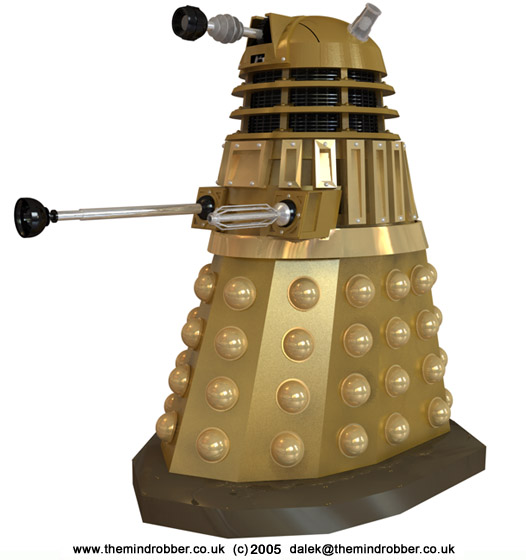As you said in another thread @Gwyllgi, the British have done "a lot of good things and bad things".
Here, I want to comment what the thread is intended about, the contributions in ideas, technology and culture... in the modern world.

+++++++++++++++++++++++++++
It is easy to overlook many of the realms in which the British have made contributions, but I think that @Maciamo gave a very interesting list, and from there I will comment what are the most relevant from my point of view.
The English language
There has to be a reason why English is the most widely language spoken today in the World. The initial reasons were colonialism and imperialism. However the English language have some traits that are very much convenient. It is a non heavily inflected language, with SVO syntax which uses the Latin alphabet.
German with an divided predicate architecture, or Chinese with its complicated Logograms would not be so easy to internationalize, even in similar conditions.
The agricultural & industrial revolutions
I will stress more the Industrial Revolution, which in its core it is the use of chemical energy to produce work ...
... this "phylosophy" made possible many other things...
Mechanical inventions (railway, gas turbine, jet engine, automobile, etc.)
Economics (mercantilism, free trade, capitalism, liberalism)
This have to be taken with perspective.
Aren't we seeing in the World the truimph of supposedly "surpassed" economical theories like Mercantilism and Dirigism (Japan, China, Korea,... )?
("Mercantilism" was a name given to something that almost all the European goverments from 1500 to 1750 practiced, and likewise "Capitalism" was a name given to an already in place practice.)
However, Economics as a science (Political Economics) was born in England... with Adam Smith, David Ricardo, Stuart Mill and Karl Marx as the first classics... and later we have other great British economists like Alfred Marshall, John M. Keynes and J.K. Galbraith.
However normal people don't realize that many of this supposedly "theories" in reality want to sell "liberal"/conservative ideology in a fancy package. And don't realize that many of the Nobel Prizes given mostly to Americans and British "economists" in recent decades, are plain fraud and political agenda.
Economics is one of the most ideologisized "sciences". Full of "respect to authority" and with a lot of "heretics"...
Only if you dedicate yourself to study the basics of its inception and phylosophy durign a long time, could you perceive a glimpse of truth out of all the propaganda.
Scientists & philosophers (Bacon, Locke, Newton, Darwin, Russell...)
Extremely important those and many others... like Sir Arthur Edington, Lord Kelvin, Ernest Rutherford... the list is unending.
Politicians (Walpole, Disraeli, Gladstone, Churchill, Thatcher, Blair...)
Don't forget David Lloyd George...

On the other hand, Thatcher and Blair could be good known... but I do not see in them a positive contribution.
Parliamentary monarchy
Sorry, I am republican. Although one has to admit than parlamentary monarchies in Europe have done very well (UK, Belgium, Sweden... just to name a few)... I will exclude some other perverted ones, no to start a fight in this thread.
Literature & Poetry (Shakespeare, Milton, Bronte's, Kipling, Dickens, Elliot...) Crime fictions (Agatha Christie, Sherlock Holmes...) Children stories (Peter Pan, Alice in Wonderland, Winnie the Pooh, Peter Rabbit, Harry Potter...)
And many others authors like D.H. Lawrence, or Olaf Stapledon, ...
http://en.wikipedia.org/wiki/Olaf_Stapledon
Pop music (Beatles, Rolling Stones, Pink Floyd, Queen, Robbie Williams, All Saints...)
Don't forget Elton John...
 http://www.youtube.com/watch?v=Wlz6mTyiMZc
http://www.youtube.com/watch?v=Wlz6mTyiMZc
Luxury cars (Roll Royce, Bentley, Jaguar, Lotus, Aston Martin)
Fashion (Burberry, Dunhill, Paul Smith, Vivienne Westwood, FCUK)

( Don't forget the Rover
http://es.wikipedia.org/wiki/Rover_(automóvil) )
:heart:
Oxford & Cambridge universities  The Commonwealth of Nations
The Commonwealth of Nations  Negative & colour photography
Negative & colour photography  Sports (tennis, badminton, cricket, golf, rugby, boxing...)
Sports (tennis, badminton, cricket, golf, rugby, boxing...) 
Don't forget... SOCCER!!! :cool-v:




